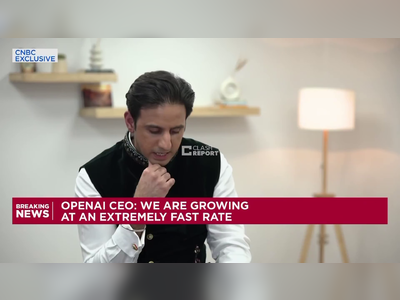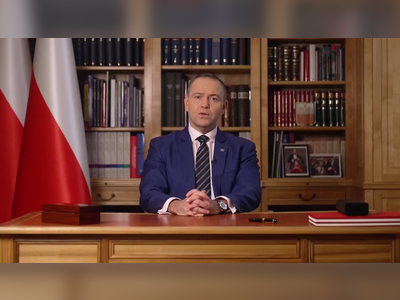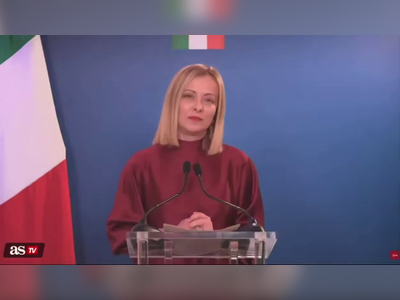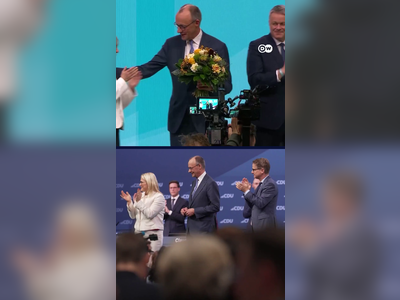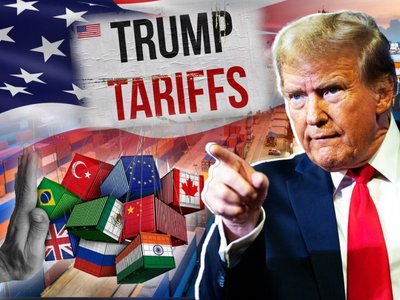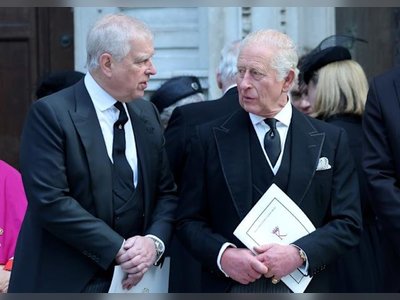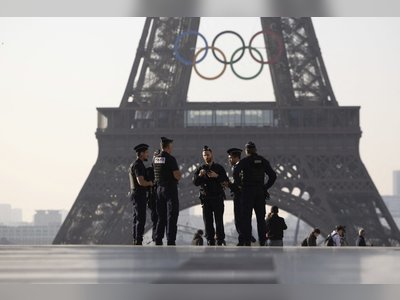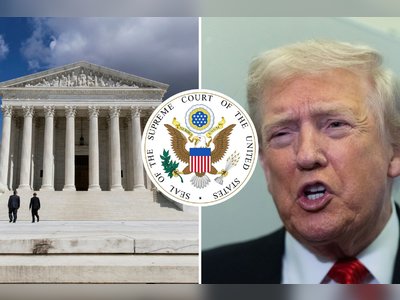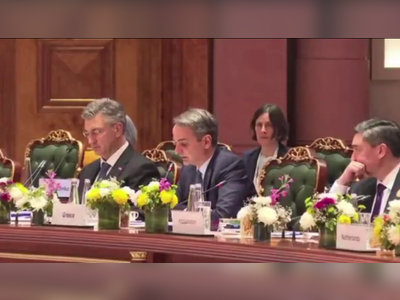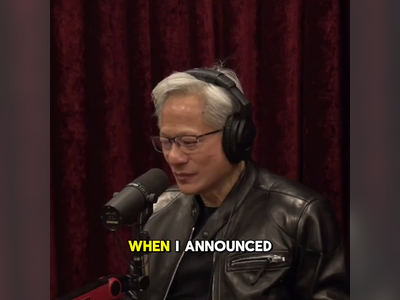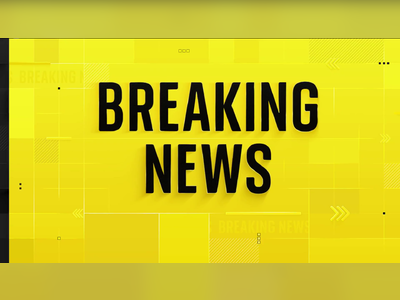Salvini's Controversial Move: Decoding Italy's Looming Transport Strike
Government's intervention on strike duration sparks fierce labor dispute amid public disruption.
In a bold yet contentious move, Italy's Minister of Infrastructure and Transport, Matteo Salvini, has decided to preemptively reduce Friday’s national transport strike from a planned 24 hours to just four.
This decision, highlighting the government's resolve to maintain public order, met fierce resistance from the radical labor unions, signaling an escalating standoff that underscores the fraught dynamics of labor relations in Italy.
The strike, scheduled for December 13, coincides with the feast of Santa Lucia and is orchestrated by grassroots unions like Usb, Fi-si, and Usb Lavoro Privato.
The labor action encompasses public and private transport sectors, excluding aviation, aiming to paralyze trains, metros, buses, taxis, and maritime routes.
This pending disruption not only threatens daily commuters but also underscores the deep-seated grievances of transport workers concerning wage negotiations and workplace conditions.
The unions dismissed Salvini’s curtailment of strike hours as a mere political maneuver, vowing to proceed with the full-scale protest.
They cited the commission's lack of objections to their original strike format as a testament to the legitimacy of their cause.
The standoff embodies a broader struggle between Italy's labor rights enshrined in its constitution and the government's mandate to regulate public services, posing fundamental questions about the balance between worker rights and state intervention.
The historical context is telling.
Italy’s anti-strike laws are already among Europe’s most restrictive, a factor that the unions frequently leverage in their rhetoric against governmental overreach.
The labor groups argue that the state's persistent infringement on their rights could catalyze a wave of industrial unrest, foreshadowing more strikes into January and beyond.
In a nation where public transport strikes frequently morph into arenas of political and social expression, this latest episode reflects not only the immediate discontent of transport workers but also panoramically spotlights the fraught socio-economic landscapes across Europe, where governments and labor unions continuously tussle over issues of austerity, fiscal stability, and worker protection.
As Italy braces for potential turmoil come Friday, the confrontation raises pressing questions about the future of labor negotiations in the country.
Will this clash ignite a broader reappraisal of Italy’s labor laws, or merely fortify the stalemate?
The answer will resonate far beyond the bustling terminals of Rome, echoing across the corridors of European power.
This decision, highlighting the government's resolve to maintain public order, met fierce resistance from the radical labor unions, signaling an escalating standoff that underscores the fraught dynamics of labor relations in Italy.
The strike, scheduled for December 13, coincides with the feast of Santa Lucia and is orchestrated by grassroots unions like Usb, Fi-si, and Usb Lavoro Privato.
The labor action encompasses public and private transport sectors, excluding aviation, aiming to paralyze trains, metros, buses, taxis, and maritime routes.
This pending disruption not only threatens daily commuters but also underscores the deep-seated grievances of transport workers concerning wage negotiations and workplace conditions.
The unions dismissed Salvini’s curtailment of strike hours as a mere political maneuver, vowing to proceed with the full-scale protest.
They cited the commission's lack of objections to their original strike format as a testament to the legitimacy of their cause.
The standoff embodies a broader struggle between Italy's labor rights enshrined in its constitution and the government's mandate to regulate public services, posing fundamental questions about the balance between worker rights and state intervention.
The historical context is telling.
Italy’s anti-strike laws are already among Europe’s most restrictive, a factor that the unions frequently leverage in their rhetoric against governmental overreach.
The labor groups argue that the state's persistent infringement on their rights could catalyze a wave of industrial unrest, foreshadowing more strikes into January and beyond.
In a nation where public transport strikes frequently morph into arenas of political and social expression, this latest episode reflects not only the immediate discontent of transport workers but also panoramically spotlights the fraught socio-economic landscapes across Europe, where governments and labor unions continuously tussle over issues of austerity, fiscal stability, and worker protection.
As Italy braces for potential turmoil come Friday, the confrontation raises pressing questions about the future of labor negotiations in the country.
Will this clash ignite a broader reappraisal of Italy’s labor laws, or merely fortify the stalemate?
The answer will resonate far beyond the bustling terminals of Rome, echoing across the corridors of European power.
Translation:
Translated by AI
AI Disclaimer: An advanced artificial intelligence (AI) system generated the content of this page on its own. This innovative technology conducts extensive research from a variety of reliable sources, performs rigorous fact-checking and verification, cleans up and balances biased or manipulated content, and presents a minimal factual summary that is just enough yet essential for you to function as an informed and educated citizen. Please keep in mind, however, that this system is an evolving technology, and as a result, the article may contain accidental inaccuracies or errors. We urge you to help us improve our site by reporting any inaccuracies you find using the "Contact Us" link at the bottom of this page. Your helpful feedback helps us improve our system and deliver more precise content. When you find an article of interest here, please look for the full and extensive coverage of this topic in traditional news sources, as they are written by professional journalists that we try to support, not replace. We appreciate your understanding and assistance.
